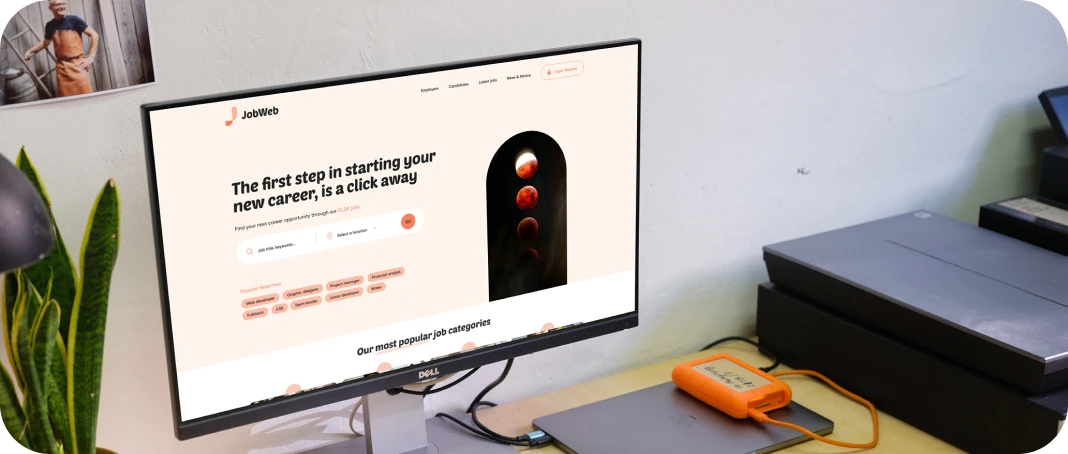Top 5 reasons job board owners switch platforms and what to look for in a better solution
Running a job board isn’t just about filling jobs. It’s about providing a smooth, high-performing experience for both candidates and recruiters, and having the flexibility to grow and evolve your platform without feeling boxed in.
If you’re starting to feel like your current provider isn’t keeping up, you’re not alone. Many job board owners reach a tipping point where they realise the software or service that once worked now works against them.
Here are five of the most common reasons job board owners decide to switch platforms, and what to look for next.
1. Rigid templates and limited customisation
“It works out of the box” is great until you want it to do something different.
Many platforms offer rigid structures and pre-set templates that don’t adapt to your brand or your audience. Whether it’s design limitations, awkward job filters, or fixed user journeys, this lack of flexibility can frustrate both you and your users.
What to look for instead: A provider that can design around your users, your goals, and your workflows, not the other way around.
2. Slow load speeds and poor mobile experience
A beautiful job board is useless if it’s slow or clunky. Speed impacts SEO, drop-off rates, and Google rankings, especially on mobile.
Some platforms use overly complex CMSs or bloated codebases that simply weren’t built with mobile speed in mind.
What to look for instead: Lightweight, mobile-first builds that are optimised for real-world performance, not just desktop demos.
3. Lack of SEO and organic growth tools
If you’re not getting found, you’re missing out on free traffic. But some job board systems make SEO nearly impossible, with awkward URLs, duplicate content issues, or poor schema markup.
What to look for instead: SEO-friendly structures, job-level metadata, sitemap control, and the ability to scale content easily.
4. No real support or long-term thinking
Many platforms are sold as “hands-off” SaaS, but when something breaks, or you want to plan ahead, there’s nobody to guide you.
Worse still, some providers lock you into long contracts with little incentive to improve or evolve your platform.
What to look for instead: A team that actually partners with you, offering strategic input, clear timelines, and ongoing support that adapts with your growth.
5. You’ve outgrown it
Maybe it served you well in the early days, but now you need more. More features. More control. Better integration with your CRM or ATS. Or maybe you’re just tired of doing workarounds for basic things.
What to look for instead: A system and a team that scale with you, both technically and commercially, with no artificial limits on what your job board can become.
Ready to switch?
At Strategies, we specialise in building high-performance, mobile-first job boards that look sharp, run fast, and adapt to your exact needs, with long-term support included as standard.
If you’re considering a move, or want a second opinion on how your site is performing, we’d be happy to chat.












